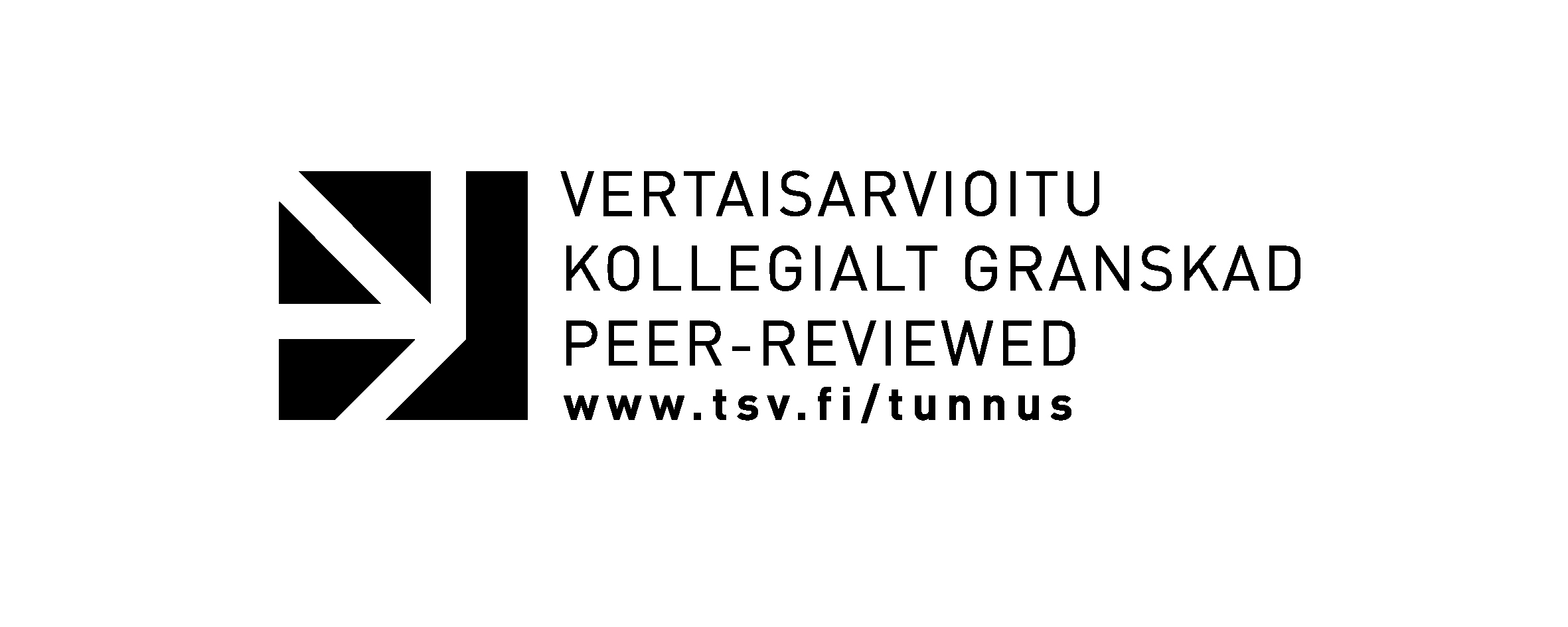Togetherness and Space - Identifications and Negotiations in Polish-Finnish Families
Avainsanat:
togetherness, space, bi-cultural families, identification, communication, traditionsAbstrakti
"Any marriage is like a game (a very serious game); but intercultural marriage is more complicated because each partner comes equipped with a different set of rules, by which we mean different values, habits and viewpoints, ways of relating to others, and strategies for negotiating differences. Until one set of "house rules" is agreed upon, the game doesn't work, and the partners risk growing apart rather than together." (Romano 1997, xx.)
The cohesion of most modern families today is based on closeness and communication, but opinions vary as to what is necessary for life together. In all families, the tension and balancing act between togetherness and personal space is realised in what partners do independently of each other and what they do together. Families no longer have given rules for these actions, because the pattern of duties and responsibilities is unpredictable and negotiable and therefore different in every family. Through decisions, compromises and actions patterns are gradually established relating to rights and responsibilities which in their turn both create closeness and space between the spouses (c.f. Björnberg and Kollind 2003, 8-9). ln bi-cultural families too, cohesion is created through agreements on courses of action, as Romano indicates in the quotation above.







